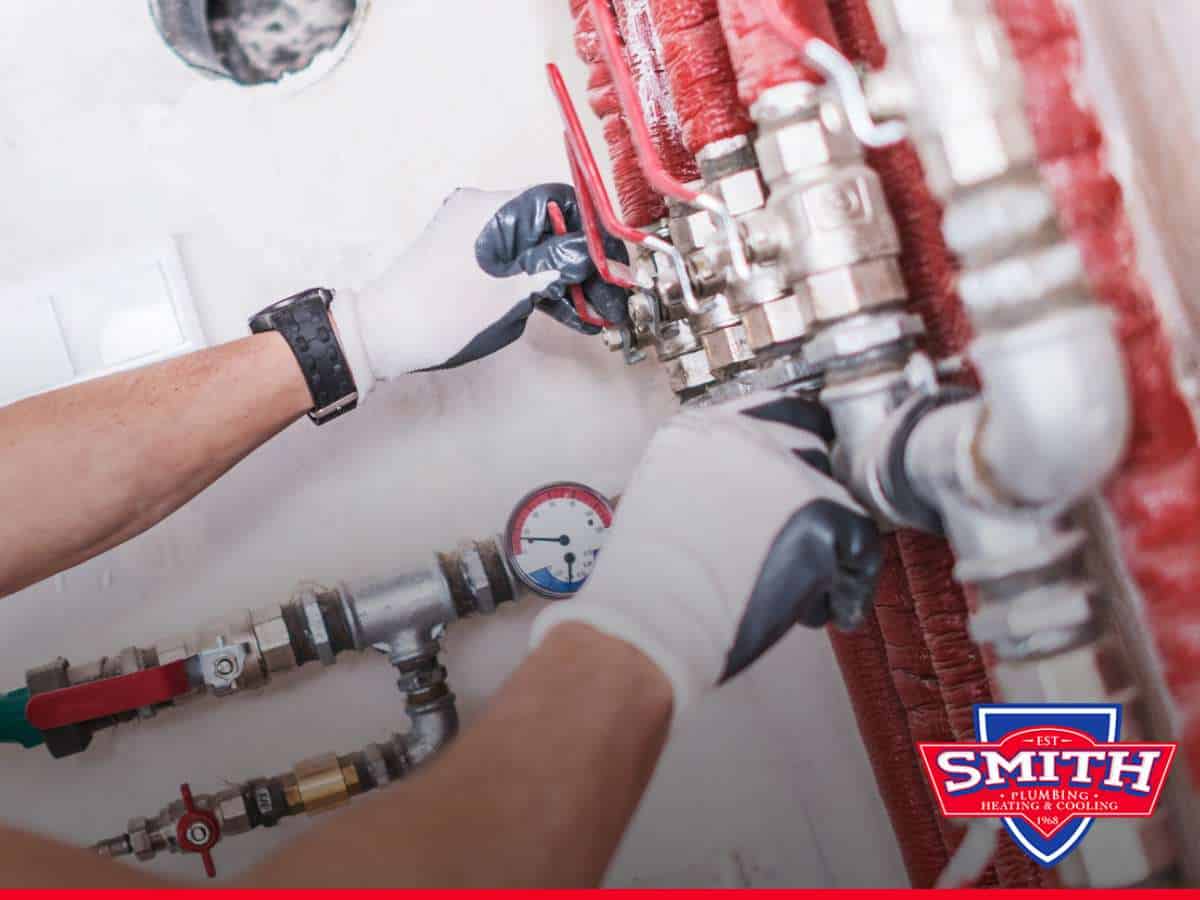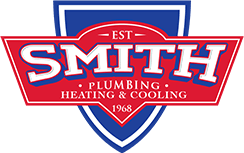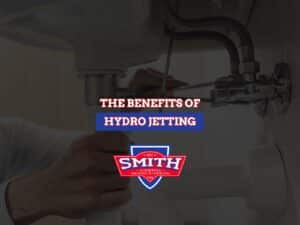Avoid Burst Pipes, Clogged Drains & Leaks With Effective Plumbing Maintenance
Your home’s plumbing system quietly handles essential tasks every day. But when things go wrong, the consequences can be expensive and disruptive. Burst pipes, clogged drains, and mysterious leaks are warning signs of bigger problems that may be developing. Fortunately, with the right habits and basic maintenance, many of these issues can be prevented.
Here are some essential tips to help you keep your plumbing in excellent condition year-round.

1. How To Spot & Prevent Leaks Before They Cause Damage
Leaks often start small but can cause major damage if overlooked, so regularly check areas around sinks, toilets, appliances, and exposed pipes for signs like water stains on walls or ceilings, warped wood, or moldy smells.
Even a minor drip under your sink can lead to costly repairs if it damages cabinets or floors, so it’s wise to have plumbers inspect and fix these issues early. Also, keep an eye on your water bill. An unexplained spike might point to a hidden leak somewhere in your system that plumbers can help diagnose and resolve quickly.
2. Be Smart About What Goes Down The Drain
The most important thing to keep out of your drains is cooking oil. For example, The New York Times mentions that, instead of pouring the oil down the drain, you can return it to the original container. And then you can throw it away! But you should never pour it down the drain.
There are also other products you need to be careful about when disposing of to avoid clogs. Here’s a list of items to keep out of your pipes:
- Coffee grounds.
- Eggshells.
- Pasta and rice (they expand in water).
- Hair and soap scum in bathroom drains.
Using sink strainers and regularly cleaning them can go a long way toward preventing buildup. Avoid harsh chemical cleaners that may damage your pipes in the long term. Natural remedies like baking soda and vinegar are a safer choice.
3. Pay Attention To Outdoor Plumbing
Your home’s plumbing extends beyond the kitchen and bathroom—outdoor systems like spigots, sprinklers, and underground lines are just as vulnerable to damage. Neglecting these can lead to leaks, bursts, or costly repairs. Here are key steps to protect your outdoor plumbing:
- Winterize exterior faucets: In colder months, disconnect hoses, drain faucets, and insulate exposed pipes to prevent freezing and bursting.
- Maintain irrigation systems: If you have a sprinkler system, hire professional plumbing services to winterize it by blowing out residual water, ensuring no cracked pipes or leaks when warmer weather returns.
- Monitor landscaping choices: Tree and shrub roots can invade underground sewer lines or water pipes, causing blockages or breaks. Instead of planting near plumbing zones, choose small, slow-growing plants with shallow roots and keep large trees at least 10–20 feet away from underground lines to prevent roots from invading sewer or water pipes.
4. How To Prevent Frozen Pipes With Proper Insulation
Frozen pipes are one of the most expensive plumbing emergencies a homeowner can face. When water freezes, it expands and can cause pipes to crack or burst. This risk is especially high in unheated areas like garages, basements, or exterior walls. To prevent this:
- Insulate any exposed pipes using foam sleeves or wrap.
- Keep your thermostat steady, even at night.
- Open cabinet doors during cold spells to allow warm air to circulate around under-sink pipes.
5. Why Monitoring Water Pressure Is Crucial For Your Plumbing
High water pressure might feel great in the shower, but it can silently damage your plumbing system over time. Excessive pressure puts stress on fixtures, joints, appliances, and even the pipes themselves, potentially causing leaks, bursts, or early appliance failure.
To prevent these issues, keep an eye on your home’s water pressure, which shouldn’t exceed 80 psi (Pounds per Square Inch). You can easily monitor it with an affordable water pressure gauge, available at most hardware stores. Regular checks help you catch problems before they escalate.
If your readings are consistently high, professional plumbers can install a pressure regulator to keep levels safe and steady, ideally between 40–60 psi. This protects your plumbing and extends the life of your fixtures.
6. Essential Tips For Maintaining Your Water Heater
Your water heater works behind the scenes to provide comfort, but it needs attention to function properly. Sediment can build up at the bottom of the tank, reducing efficiency and lifespan.
Flushing the tank once a year helps clear out mineral deposits. Also, check the temperature setting. It should be around 120°F (49°C) to reduce scalding risk and energy usage.
If you notice rusty water, strange noises, or inconsistent heat, it may be time to call professional plumbing contractors for an inspection or replacement to ensure everything is running safely and efficiently.
7. Don’t Ignore Noisy Pipes
Unusual sounds like banging, rattling, or whistling in your pipes—often called “water hammer”—can signal serious issues like high water pressure or loose fittings. Water hammer happens when a valve closes abruptly, sending shockwaves through your pipes that can loosen connections or cause cracks over time. Here’s how to address noisy pipes:
- Check for water hammer: Install a water hammer arrestor, a small device that absorbs shockwaves, to protect your pipes.
- Secure loose pipes: Use pipe straps or cushions to stabilize rattling pipes, especially in exposed areas like basements.
- Monitor water pressure: High pressure can strain your plumbing system. A pressure regulator can help maintain safe levels.
- Inspect for underlying issues: Persistent noises may indicate more complex problems, like air trapped in pipes or worn-out fittings.
8. Educate Your Household Tips To Prevent Problems
Even the most vigilant homeowner can't be everywhere at once. That’s why it's important to make sure everyone in your household understands the basics of plumbing care.
Teach children and guests not to flush wipes, sanitary products, or cotton swabs. Show family members where the main water shutoff valve is in case of an emergency, and keep tools like a plunger and bucket accessible. A little shared knowledge goes a long way in preventing plumbing mishaps.
Signs It's Time To Call a Professional Plumber
While plumbing maintenance and good habits prevent many issues, some situations require professional help. Don’t wait too long to call for assistance. Delaying a repair can cause further damage! Contact a trusted service if you experience:
- Water backing up in sinks or tubs.
- Persistent low water pressure.
- Sewage odors coming from drains.
- Water heater failure.
- A sudden drop in water quality or temperature.
Licensed professionals handle not just routine plumbing repairs, but also inspections, diagnostics, and installations that keep your home safe and functional.
Protect Your Plumbing System Today With Expert Tips
Plumbing problems can range from inconvenient to catastrophic, but the majority are preventable with awareness and basic care. By staying alert to warning signs, being careful about what enters your pipes, and scheduling regular maintenance, you can extend the life of your system.
A little attention today can save you a lot of money—and water—tomorrow. If you're unsure about your system or need help with a repair, trust professional plumbing contractors like Smith Plumbing to handle it with care and professionalism. Contact us today!


